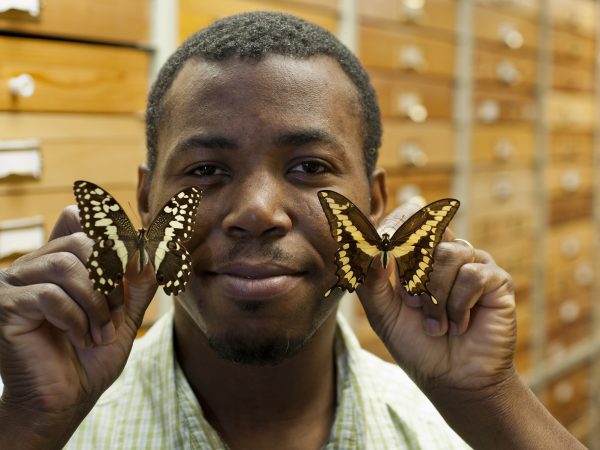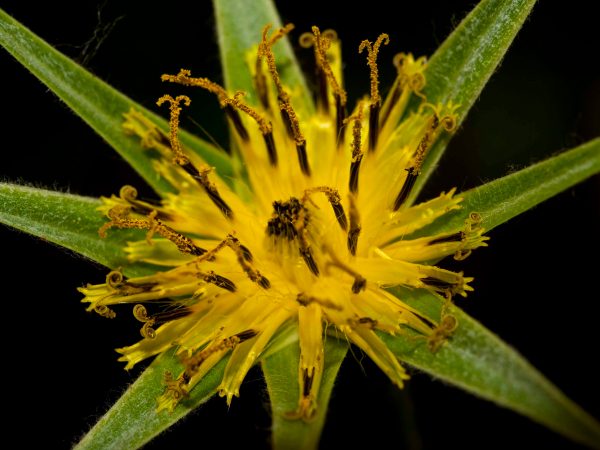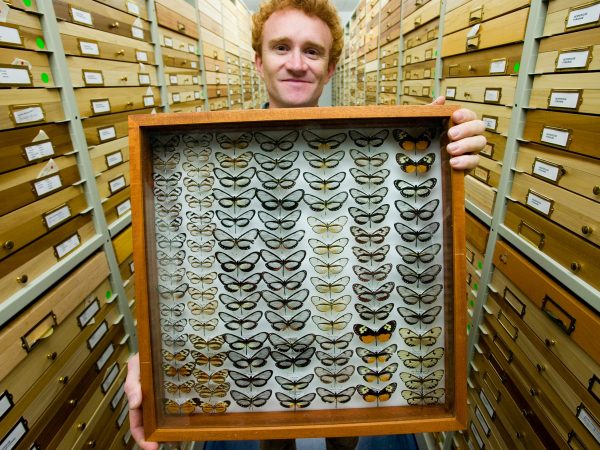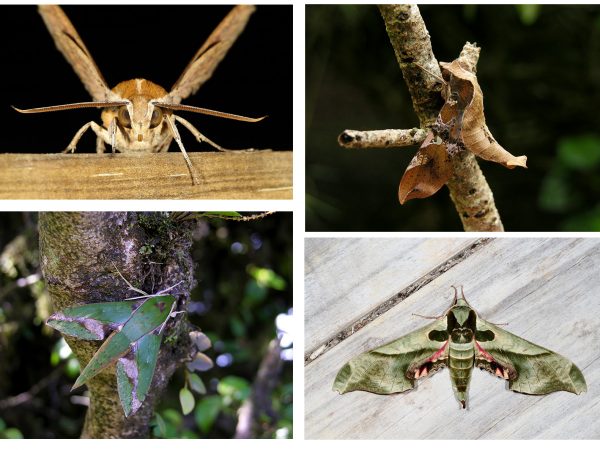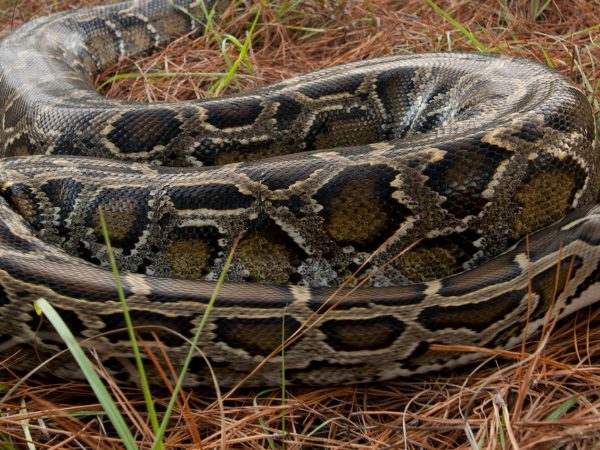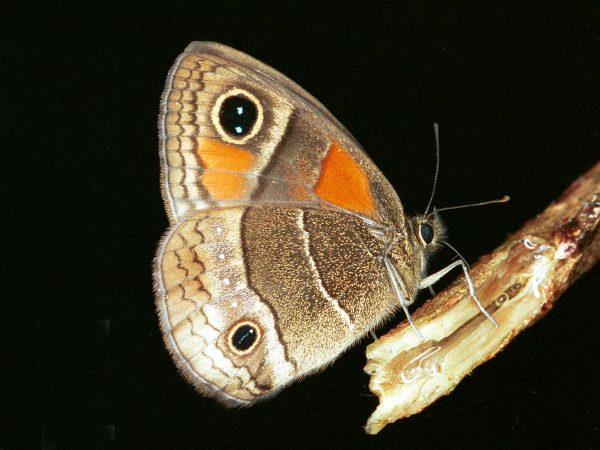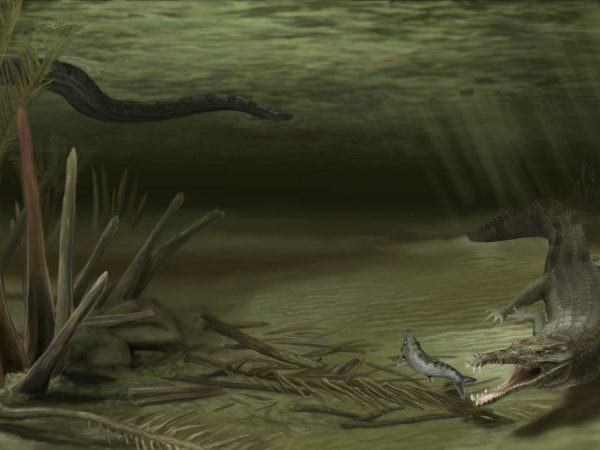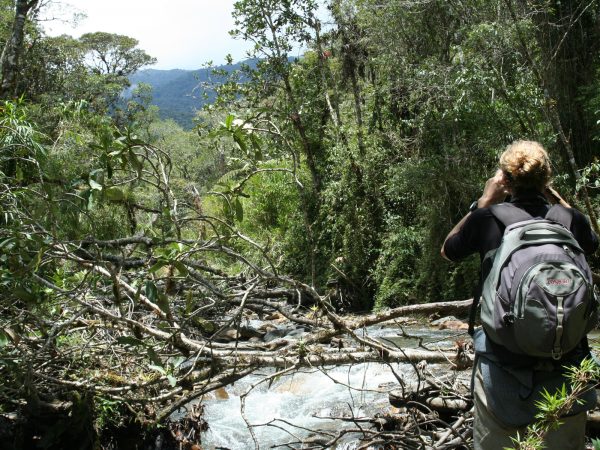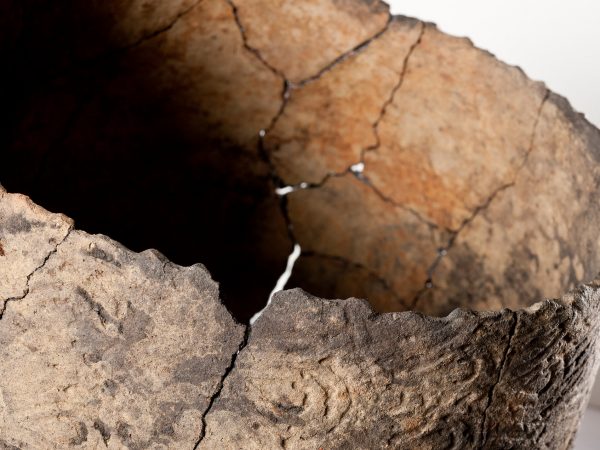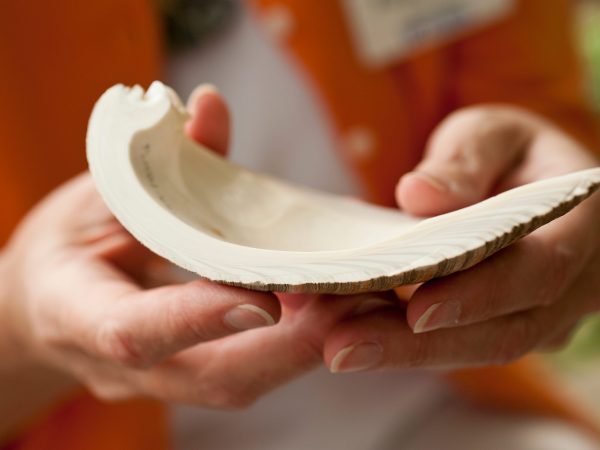Researchers discover ‘green’ pesticide effective against citrus pests
Florida Museum researchers have discovered a key amino acid essential for human nutrition is also an effective insecticide against caterpillars…
Read More
Genetic analysis of hybrid plants may have evolutionary consequences
For morning drivers on the roadways of the northwestern U.S., an innocuous purple or yellow flower similar to a daisy…
Read More
Evidence of mimicry in caterpillars documented
About 150 years ago, Henry Walter Bates described mimicry based on his observations of adult butterflies in the Amazon, contributing…
Read More
Researcher receives grant to study echolocation in moths
Whether by buzzing, singing, cawing or hissing, plenty of animals boast their own form of communication. But researchers now hope…
Read More
Florida’s invasive amphibian and reptile problem leads world
During the 1800s, the world was going through transformations steered by war, invention, scientific innovation and the discovery of new…
Read More
DNA barcoding improves tropical butterfly classification
When Charles Darwin journeyed to the Galapagos Islands in the 1830s, he collected some mysterious birds that later helped shape…
Read More
New ancient crocodile relative from land of Titanoboa named
Did an ancient crocodile relative give the world’s largest snake a run for its money? In the post-dinosaur world of…
Read More
Researcher receives grant to study birds in the Andes
With $800,000 from the National Science Foundation, Florida Museum of Natural History conservation biologist Scott Robinson is researching bird ranges…
Read More
Archaeologist receives grant to analyze Swift Creek pottery
Florida Museum of Natural History researcher Neill Wallis recently received a $55,000 National Science Foundation grant to analyze and digitally…
Read More
Shedding light on ancient climate change
The mysterious appearance of numerous ancient duck bones dating to the sixth century at the Pineland archaeological site on Pine…
Read More
